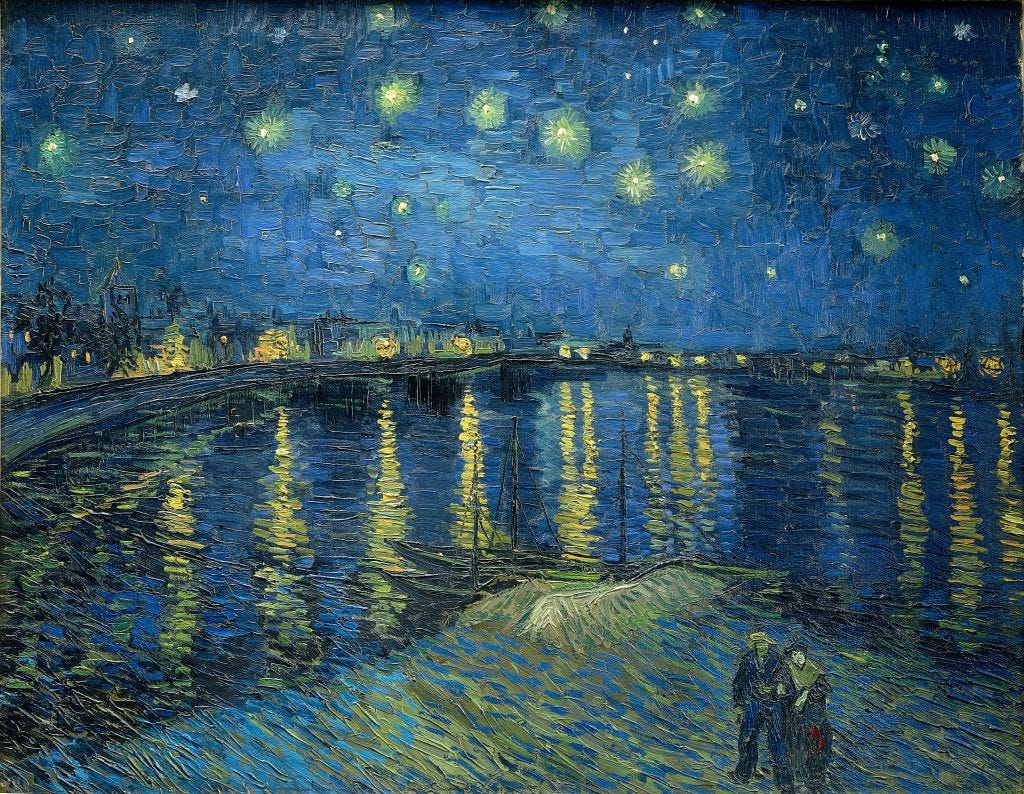Years ago, I was put on trial for “insulting Turkishness” following the publication of my novel The Bastard of Istanbul. My book told the story of two families, one Turkish and one Armenian-American. The former, based in Istanbul and the latter, based in San Francisco. It was also a story abo…
© 2025 Elif Shafak
Substack is the home for great culture





